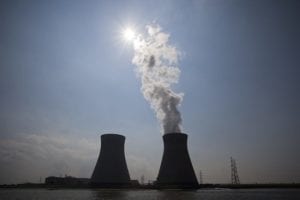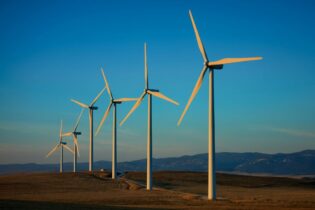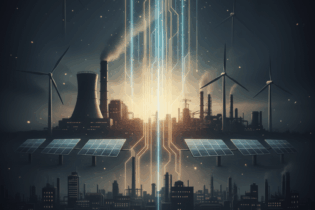 The burning question at the centre of South Africa’s new nuclear expansion programme remains whether the country will be able to afford it.
The burning question at the centre of South Africa’s new nuclear expansion programme remains whether the country will be able to afford it.
Gordhan said “extensive work” was still required before substantive conclusions could be reached.
“A full cost-benefit analysis must be conducted which must include a comprehensive social and economic impact assessment before the feasibility, affordability and procurement strategy can be properly assessed by the Treasury,” Gordhan said. Treasury is not however satisfied with the documents which it received from the department, and responded in a letter to the department that outlined its assessment of “the state of readiness of the procurement strategy”. Treasury said it would communicate with the department and requested additional documentation. It was previously suggested by energy minster Tina Joematt-Petterson that Eskom fund the new nuclear programme itself, however last week director-general of finance, Lungisa Fuzile, told Business Day that Eskom’s current government guarantees amounting to R350 billion may not be used to fund nuclear reactors. Gordhan has also said that for now, he remains firm on his decision to not approve the new nuclear programme if the country cannot afford it.






